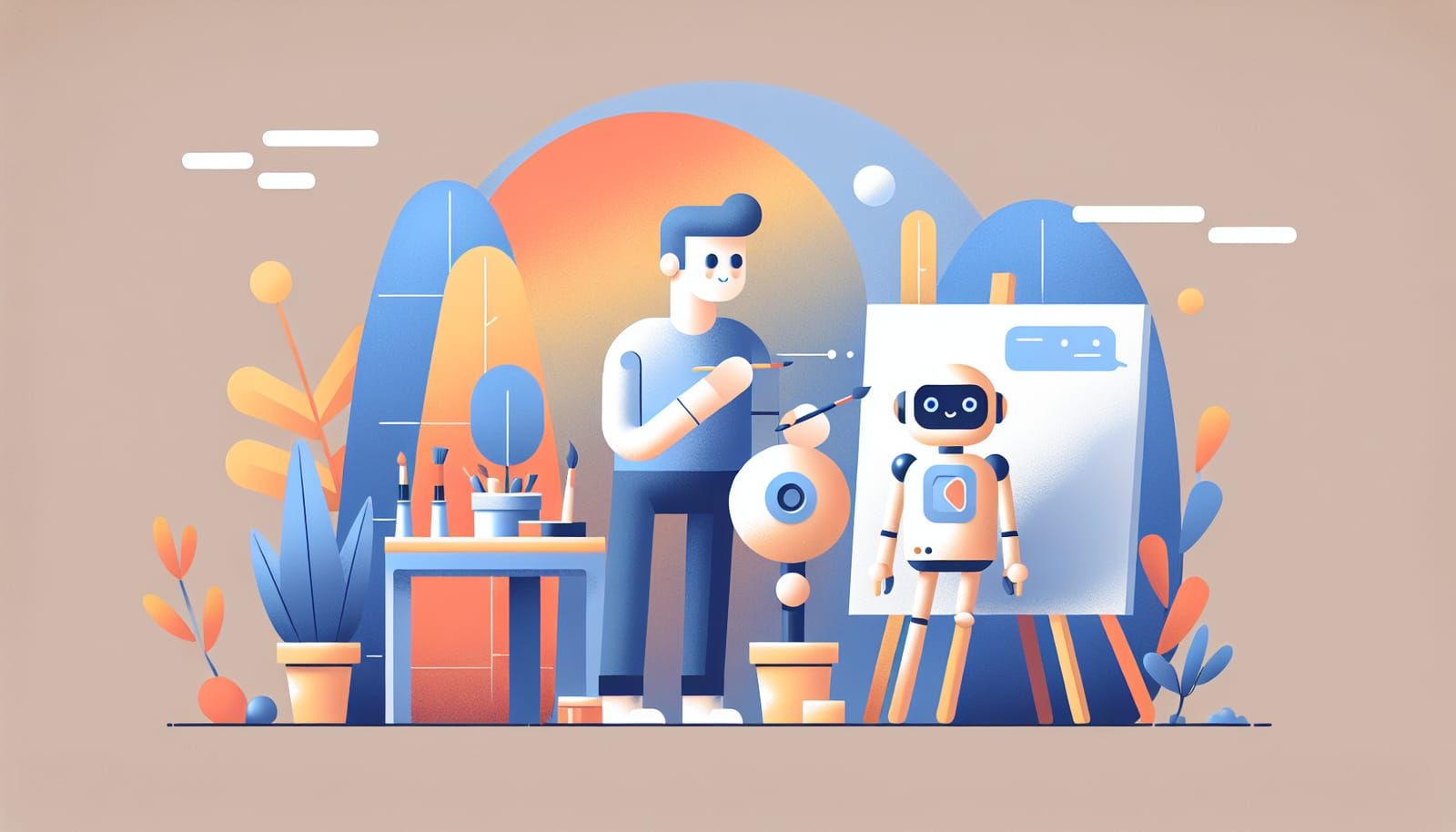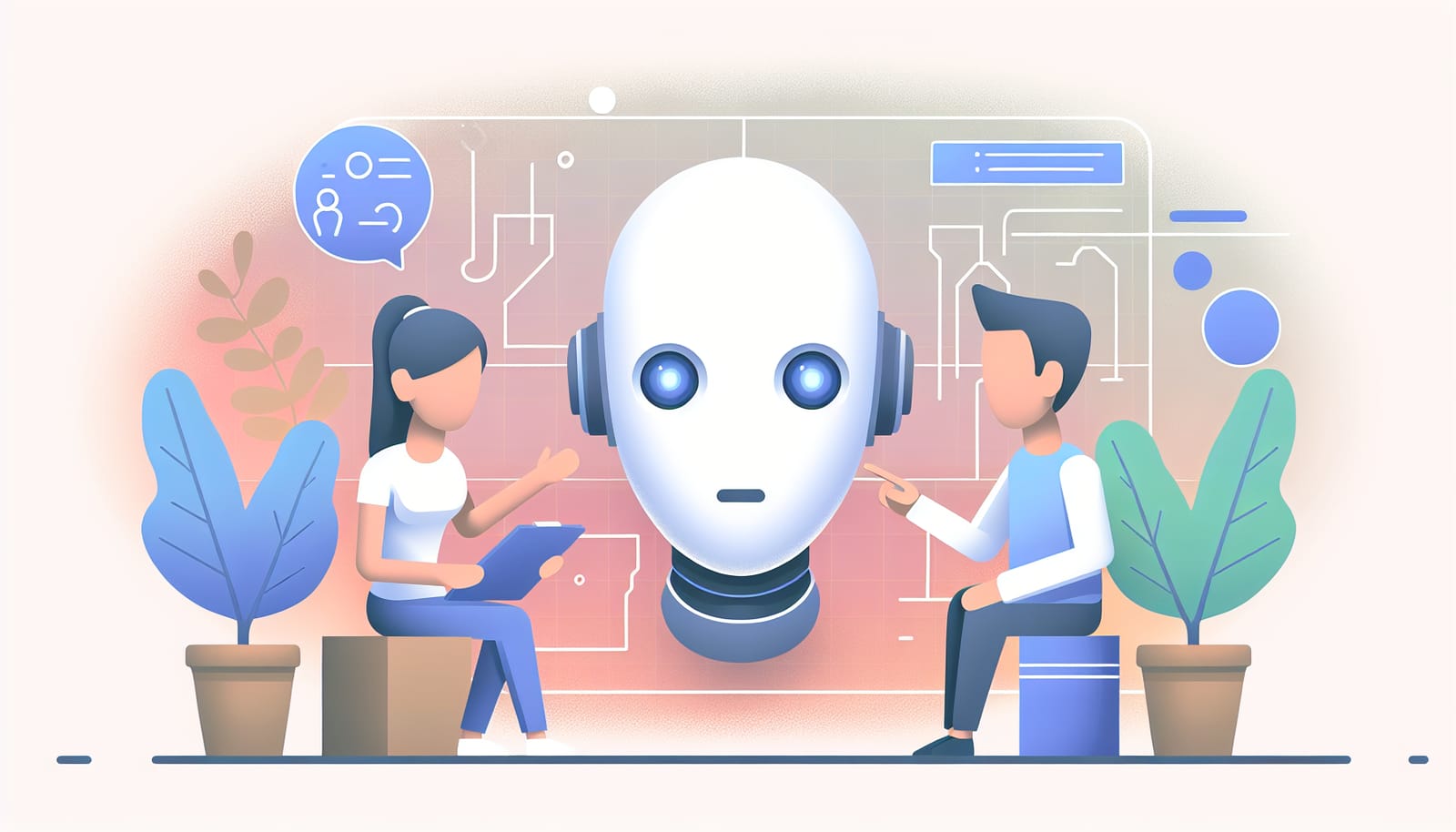Music is an art form that has been a part of human culture for centuries. From the soothing sounds of a lullaby to the energetic beats of a dance track, music has the power to evoke emotions and bring people together. But as we venture deeper into the 21st century, a fascinating question arises: Can Artificial Intelligence (AI) really create music? The answer is more complex than you might think. In this article, we will explore the capabilities of AI in music creation, its limitations, and what it means for the future of music.
The Rise of AI in Music Creation
AI has made remarkable strides in various fields, and music is no exception. Programs like OpenAI's MuseNet and Google's Magenta showcase how AI can generate music that mimics different genres, styles, and even the sounds of famous artists. These systems are trained on vast amounts of existing music, learning the patterns and structures that make a song memorable.
Imagine feeding an AI a collection of Beethoven symphonies, Taylor Swift's pop hits, and traditional folk songs. The AI can analyze these pieces and create new compositions that blend elements from each. This ability to learn from diverse musical styles allows AI to produce music that is surprisingly coherent and enjoyable to listen to.
The Mechanics of AI Music Generation
At the heart of AI music generation lies a branch of technology known as machine learning. This process involves training algorithms to understand complex patterns in data. In the case of music, AI systems analyze the notes, rhythms, and dynamics of countless songs to develop their own unique compositions.
When creating music, AI uses a technique called "neural networks." Think of these networks as a web of interconnected nodes that mimic how the human brain works. Each node processes information and passes it along, allowing the AI to refine its understanding of musical structures. As the AI continues to learn, it becomes better at generating music that resonates with human listeners.
The Limitations of AI in Music Creation
While AI has shown impressive abilities in music generation, it does have its limitations. One major challenge is creativity. AI can analyze existing music and generate new pieces, but it lacks the emotional depth and personal experiences that human musicians bring to their art. Music is often about expressing feelings, telling stories, and connecting with others on a personal level—qualities that AI simply cannot replicate.
Moreover, AI-generated music can sometimes feel formulaic. Since the AI learns from patterns in existing music, it may produce compositions that sound similar to what it's been trained on. This can lead to a lack of originality, as the AI might inadvertently mimic popular trends rather than create something entirely new.
The Human Touch in Music
Despite its limitations, AI can be a valuable tool for musicians and composers. Many artists are now collaborating with AI to enhance their creative process. By using AI-generated melodies or rhythms as a foundation, musicians can add their unique touch, resulting in innovative and exciting compositions.
For instance, some contemporary artists have used AI to generate backing tracks while they focus on writing lyrics or vocal melodies. This hybrid approach combines the strengths of both human creativity and AI's analytical capabilities, leading to the creation of music that is fresh and engaging.
The Future of AI in Music
As technology continues to evolve, the role of AI in music will likely expand. We may see more sophisticated AI systems that can understand context, emotion, and even cultural nuances in music. Imagine an AI that can compose a song tailored to a specific audience or event, taking into account their tastes and preferences.
Furthermore, as AI becomes more integrated into the music industry, it could change how we consume and interact with music. Personalized playlists generated by AI have already begun to enhance our listening experiences, leading to discoveries of new artists and genres that we might not have found otherwise.
The Ethical Considerations
With the rise of AI in music generation, ethical considerations also come into play. Questions arise about ownership and copyright—if an AI generates a song, who owns the rights to that music? Is it the programmer who created the AI, the user who prompted the AI, or the AI itself? These are complex issues that the music industry will need to address as AI continues to evolve.
Additionally, there is a concern about the potential for AI to replace human musicians. However, most experts agree that while AI can assist in music creation, it cannot fully replace the human touch. Music is an inherently human experience, shaped by emotions, experiences, and cultural contexts.
Conclusion: A Harmonious Future
AI's ability to create music is both fascinating and limited. While it can analyze and generate compositions that are technically sound, it lacks the emotional depth that makes music truly resonate with listeners. However, as we explore the capabilities of AI, we also discover new ways to enhance our creativity and collaborate with technology.
The future of music will likely be a harmonious blend of human artistry and AI innovation. By embracing the strengths of both, we can create a vibrant and diverse musical landscape that continues to inspire and connect us all. So, whether you're a budding musician or a music lover, keep an eye on the exciting developments in AI—it just might change the way we experience music forever!


